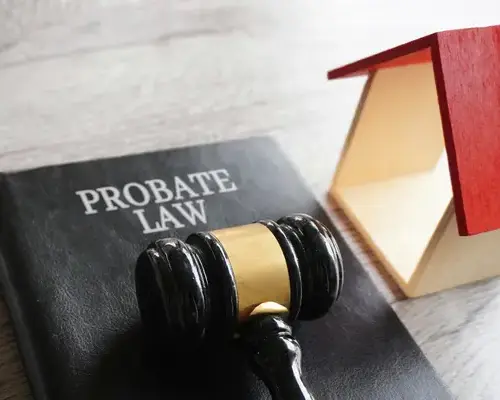Joint Tenancy with Rights of Survivorship in Orlando, Florida: What it Means
Legal Counsel, P.A. is a real estate lawyer in Orlando, Florida that can help you every step of the way through your real estate closing and purchase. When closing on real estate, there are many factors you’ll need to consider. One factor you’ll need to consider is how you plan to hold title. What does this mean and why is it important? Let’s explore this further:
First, we need to take a moment to understand what a title is. Basically, the title of a property is the document that shows who the legal owner or owners of the property are. There are several ways title can be held. There’s joint tenancy, tenancy in common, tenants by entirety, sole ownership, and community property. Let’s look at each:
- Joint tenancy with rights of survivorship is one way for two people to hold title. With this arrangement, both parties have equal right to the property and if one party passes away, the other party named on the title will have full ownership of the property. The benefits of this arrangement is that if one partner passes away, the other partner gets the property without the need to take the title to probate or court and without the need for a will. However, there are risks with joint tenancy. If the parties listed as joint tenants are not married, and there is a disagreement about selling the property, the joint tenants may need to take the case to court. If one party contributes more financially to the property after the closing, and then both parties choose to sell, accounting for each party’s contribution can be complex, so when there might be uneven contributions to the upkeep of a property, both parties may want to have additional contracts in place to make their wishes clear. Finally, if one party puts a large down payment on the property and then chooses to hold title in a joint tenancy at closing, the down payment may not be considered a contribution to the property when accounting for both parties contributions to the property. The courts may instead count such a down payment as a gift. For example, in Jorge Alfonso Fernandez vs. Romena Marrero, the court found that that Fernandez could not recoup his down payment when dividing the property with Marrero, even though he paid the full down payment prior to closing. Why? The court saw his choice to pay the down payment as a gift to Marrero. So, any decisions regarding contributions for a down payment must be worked out before a joint tenancy is created. Another issue can arise if one party listed as a joint tenant gets into financial trouble, because creditors may be able to come after the property on which both people are named. Both parties share risk with a joint tenancy.
- Tenancy in common is similar to joint tenancy, but heirs can be listed as the inheritors of a share of the title rather than ownership going entirely to the other joint tenant. This can prevent the title from going through probate and can ensure that children or other heirs inherit property according to your wishes.
- Tenants by entirety is a way for a married couple to hold title. This legally joins the couple in ownership of the property.
- Community property refers to any property a couple acquires during their marriage. Even if a couple doesn’t make arrangements for joint tenancy or tenants by entirety, absent a prenuptial agreement, a real estate purchase made after marriage is considered community property shared by both parties.
- Sole ownership is when only one person owns property. If you are married and want sole ownership of a property, your spouse may need to explicitly state in writing that he or she agrees to have no ownership of the property.
These are some ways that title can be held. Each of these ways of holding title can have its own benefits and drawbacks. Many of the benefits of joint tenancy involve survivorship benefits that permit a surviving spouse or partner to claim full ownership of the property if another partner passes away. Other arrangements makes it easier for heirs to claim ownership of a property without the need to go through the costly probate process. At the end of the day, how you choose to hold title is a personal decision that should be made in consultation with your real estate lawyer who can help you understand the drawbacks and benefits for your particular situation. Every case is unique and the choice you make about how to hold title can have major implications for your rights. Legal Counsel, P.A. is a real estate law firm in Orlando, Florida that can help you understand the options available to you and the potential benefits and drawbacks of each. Have questions? We have answers. Contact Legal Counsel, P.A. today at 407-982-4321.


















Leave a Reply
Want to join the discussion?Feel free to contribute!